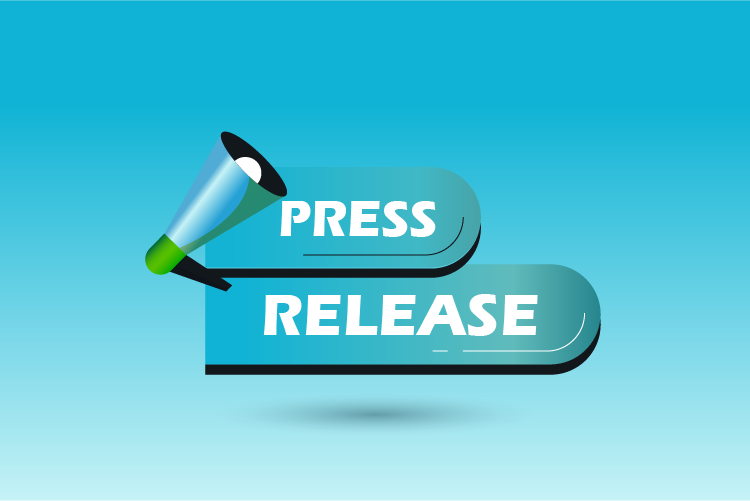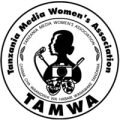
PRESS RELEASE
Date: October 25, 2025
ZAMECO Regrets Restrictions on Media Outlets, Defends the Right to Access
Information during the Election Period
Zanzibar Media Committee (ZAMECO) expresses deep concern over the statement issued
by the Zanzibar Broadcasting Commission (ZBC) listing several online media outlets
accused of operating contrary to broadcasting regulations. The Commission’s warning
issued on October 20, 2025, and on other occasions threatens severe legal action against
these outlets.
ZAMECO, a committee comprising professional media practitioners and human rights
advocates from various civil society organizations in Zanzibar, considers this move a
setback to ongoing efforts by the private sector to promote freedom of expression and
enhance public access to information.
At a time when Zanzibar, like the rest of the world, is embracing modern communication
technologies and digital platforms, this action by the Commission risks undermining
progress in promoting inclusive, technology-driven communication.
The outlets mentioned in the statement include TIFU Online TV, Marhaba Online TV,
Vuga Online TV, Busati Online TV, Kasusi Online TV, Digital Online TV, Leaders
Online TV, Zanzibar Yetu Online TV, Mawengi Online TV, Jimbi Online TV, and
MU Online TV.
The existence of these online media platforms has created employment opportunities for
many young people enabling them to earn a living, gain experience, and apply the skills
they acquired in journalism training institutions while awaiting permanent employment.
It is worth recalling that the right to access information is a constitutional right
enshrined under Article 18 of the Constitution of Zanzibar (1984, Revised 2010),
and further protected under several international instruments, including the Universal
Declaration of Human Rights (UDHR, 1948) – Article 19, the International
Covenant on Civil and Political Rights (ICCPR, 1966) – Article 19(2), and the
African Charter on Human and Peoples’ Rights (ACHPR, 1981) – Article 9.Therefore, the Commission’s decision to publicly name and threaten these outlets without
inclusive stakeholder dialogue sends a worrying signal of shrinking media freedom and
the right to access information particularly at a critical moment leading up to the general
elections.
In strengthening democratic governance, the role of the Broadcasting Commission should
be to support and empower media houses, not to stifle them. Its mandate should
include identifying challenges and providing solutions through transparent and
participatory processes. Any suspension or closure of media outlets should only be a last
resort after all fair procedures have been followed.
Upon reviewing the situation, ZAMECO has observed that some of the affected outlets
are struggling with financial constraints, while others were accused of content-related
issues that have not been adequately explained.
For comparison, South Africa’s Media Development and Diversity Agency Act
(2002) provides a robust framework to support struggling media outlets. Under Section
17, the law provides for:
- Financial support, including grants or emergency funds to sustain or rescue
struggling media organizations; - Capacity-building and training programs to improve journalistic skills and
production quality; - Indirect support mechanisms, such as public sector advertising discounts or
reduced service costs for broadcasting and telecommunications.
ZAMECO urges the Zanzibar Broadcasting Commission to engage constructively with
media owners and stakeholders rather than adopting restrictive approaches. A
collaborative and enabling environment allows online and mainstream media to operate
lawfully while preserving freedom of the press.
As the country approaches the general elections, it is crucial to recognize that every media
platform plays a vital role in promoting peace, unity, and informed decision-making
among citizens.ZAMECO further reminds the Commission that journalism is a professional discipline
guided by ethical standards and accountability mechanisms. Therefore, legal authorities
should be the ones to handle any breaches of journalistic conduct.
Additionally, ZAMECO expresses concern over increasing reports of journalists,
particularly young reporters, being denied access to information from government
institutions. Restricting access under the pretext of the election period undermines
transparency, discourages professional journalism, and weakens public trust in
governance.
Meanwhile, ZAMECO commends the “Pambazuko program” aired on ZBC Radio,
which provides citizens with a platform to voice their everyday challenges regarding social
services. Through this show, citizens send messages that are read live, and producers
follow up with government officials to ensure timely responses.
Such programs exemplify accountability-driven journalism that strengthens public
participation and fosters social development. They serve as a model of the type of media
engagement that ZAMECO encourages and supports.
ZAMECO
reaffirms
its
unwavering
commitment
to
defending
press
freedom,
transparency, and access to information, believing that an informed society is a powerful,
peaceful, and democratic one that drives sustainable development.
Issued by:
Zanzibar Press Club (ZPC)
Tanzania Media Women’s Association – Zanzibar (TAMWA-ZNZ)
Zanzibar Media for Development Journalists (WAHAMAZA)
Media Council of Tanzania – Zanzibar (MCT-ZNZ)
Tanzania Human Rights Defenders Coalition – Zanzibar (THRDC-ZNZ)



